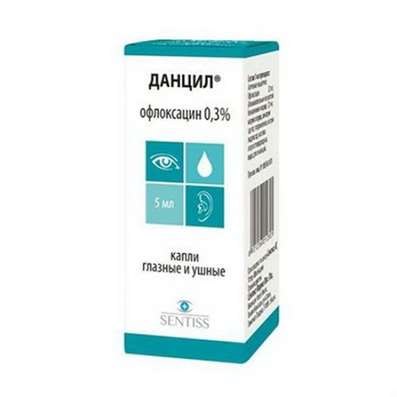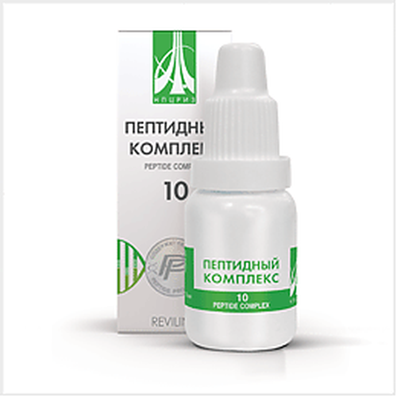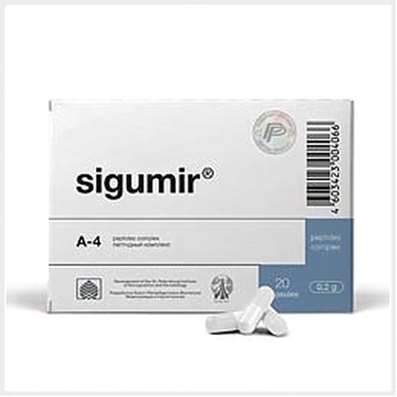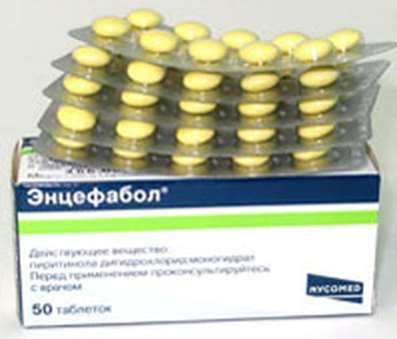Growth Hormone and Insulin
30 Oct 2017
For somatotropin, there is a clearly defined role in the regulation of carbohydrate metabolism: both in its decrease and in the increase there is a change in carbohydrate metabolism in the body. These processes were described back in 1920. It is important to understand how growth hormone and insulin interact to use it for their own purposes.
Disturbance of glucose metabolism and obesity is characteristic for different stages of hypopituitarism. Patients with acromegaly often suffer from diabetes mellitus and insulin resistance. This all confirms the hypothesis about the involvement of the pituitary gland in regulating the sensitivity of peripheral tissues to this substance. In 1949, growth hormone was isolated in pure form, which allowed to prove his involvement in the formation of diabetes. With the introduction of somatotropin in significant doses, the effect of hyperglycemia is achieved. This action is caused by a decrease in the sensitivity of peripheral tissues, which includes muscle and fat, to the action of insulin.
Another effect of growth hormone is to stimulate the release of this substance by beta cells. With an excess of somatotropin, hyperinsulinemia is noted, and secretion of this substance also increases. Growth hormone and insulin are in close interaction. When there is a lack of the first, the process of hypoinsulinemia occurs, which causes the glucose level to increase noticeably. Early studies did not accurately determine the primary or secondary effects on secretion processes, and also determine whether there is a close relationship with peripheral tissues. There is an opinion that the effect of growth hormone is associated with its insulinotropic function.
Effects of somatotropin on different cell groups
Growth hormone affects fat cells not like insulin, but quite the opposite. It reduces insulin-stimulated and basal glucose intake by the cells themselves, and also reduces the degree of glucose oxidation and lidogenesis. The ability of somatotropin to reduce the degree of sensitivity in insulin is realized by increasing the concentration of calcium inside the cells. A similar effect can also have growth hormone on liver cells. In this case, the body experiences a lesser load, which ensures its longer painless functioning.
Growth hormone and insulin on the cellular level act in the opposite direction. The first reduces the sensitivity to the second. The effect of somatotropin on beta cells in the pancreas depends on stimulating the proliferation of these components, as well as the expression of the insulin gene, the synthesis and secretion of the substance.
With the introduction of growth hormone, the effects depend on the body itself. There is a category of people who do not show any sensitivity to him, and others soon have noticeable results in the form of fat burning and muscle building.

 Cart
Cart





